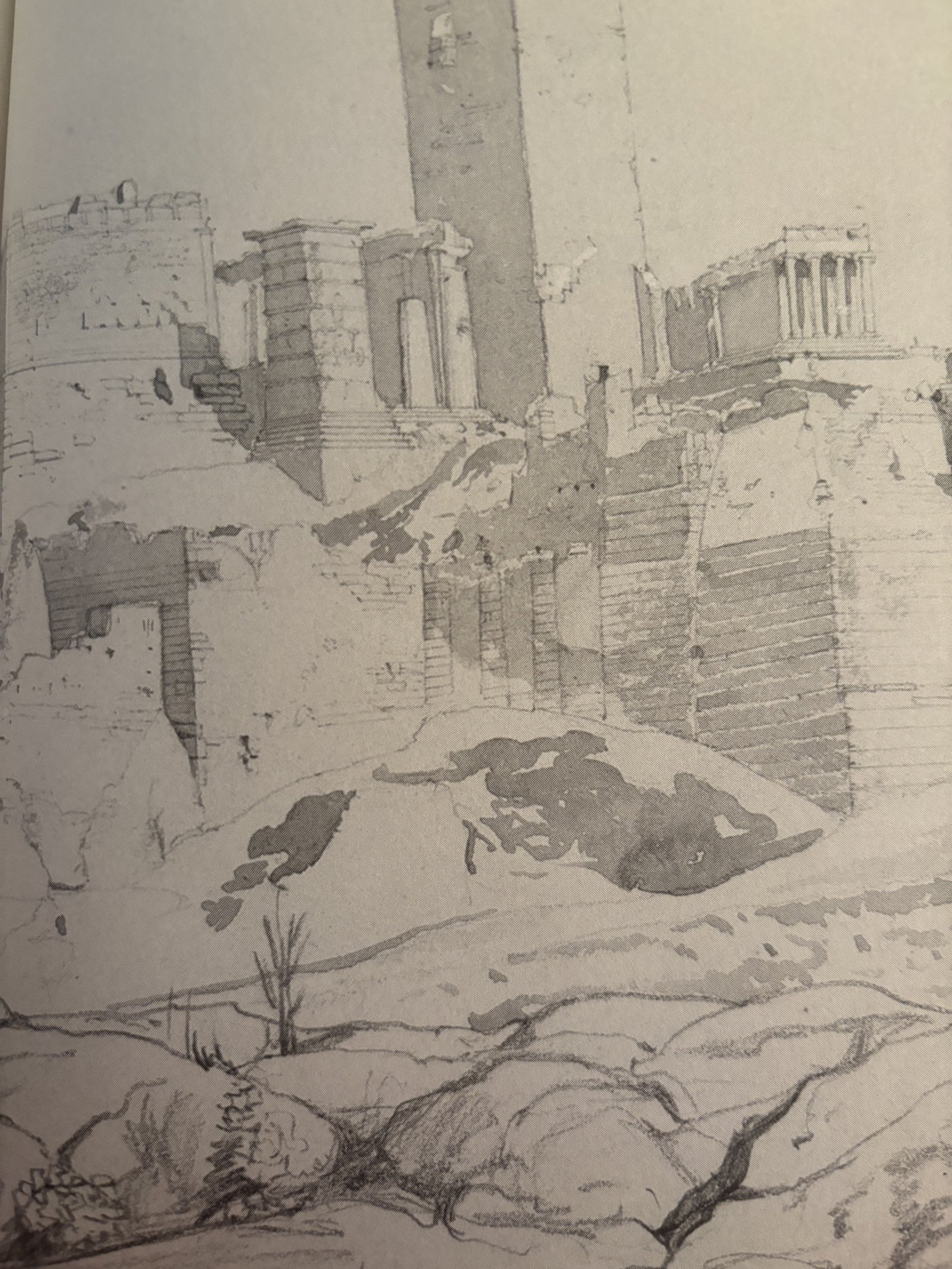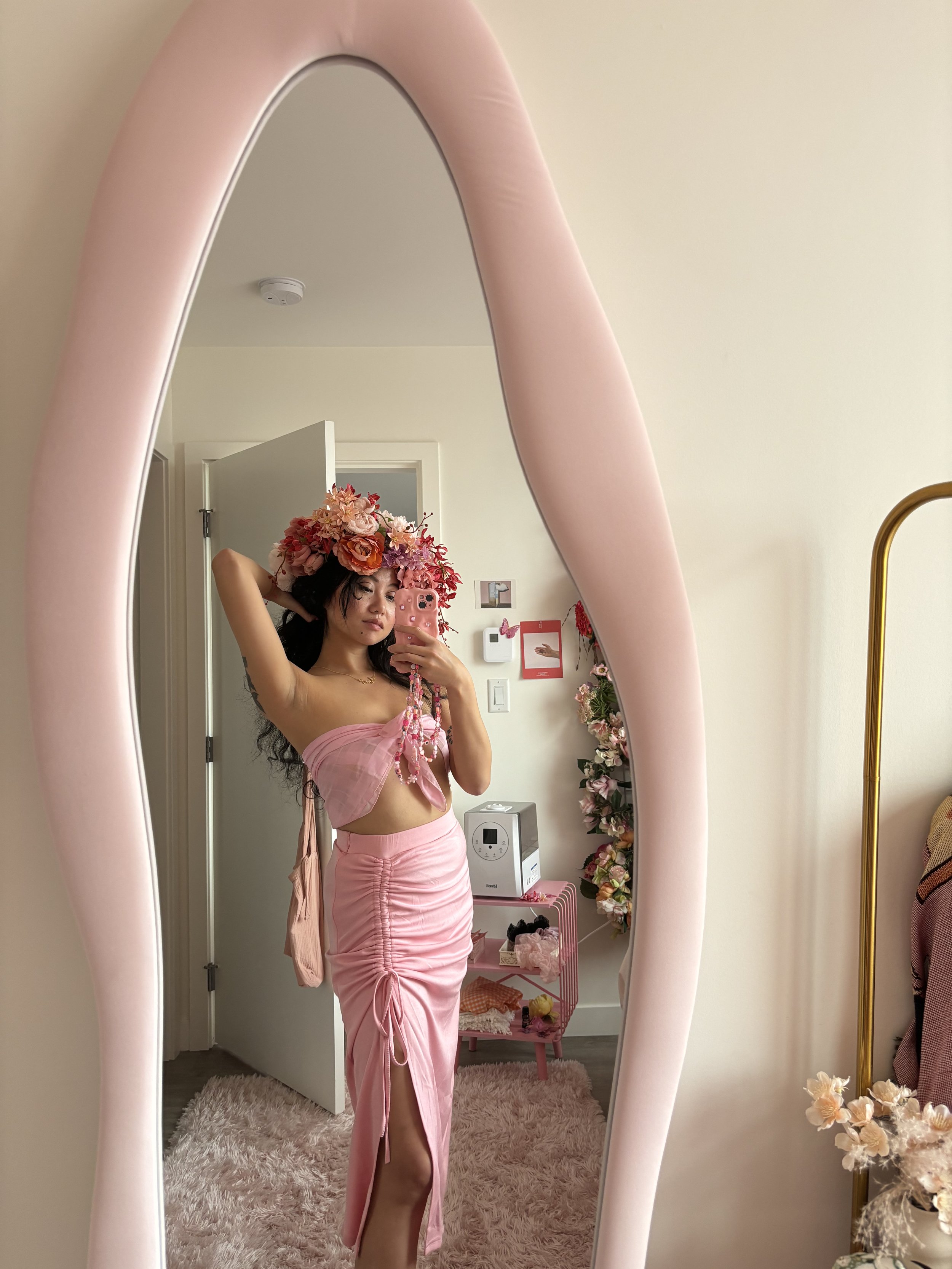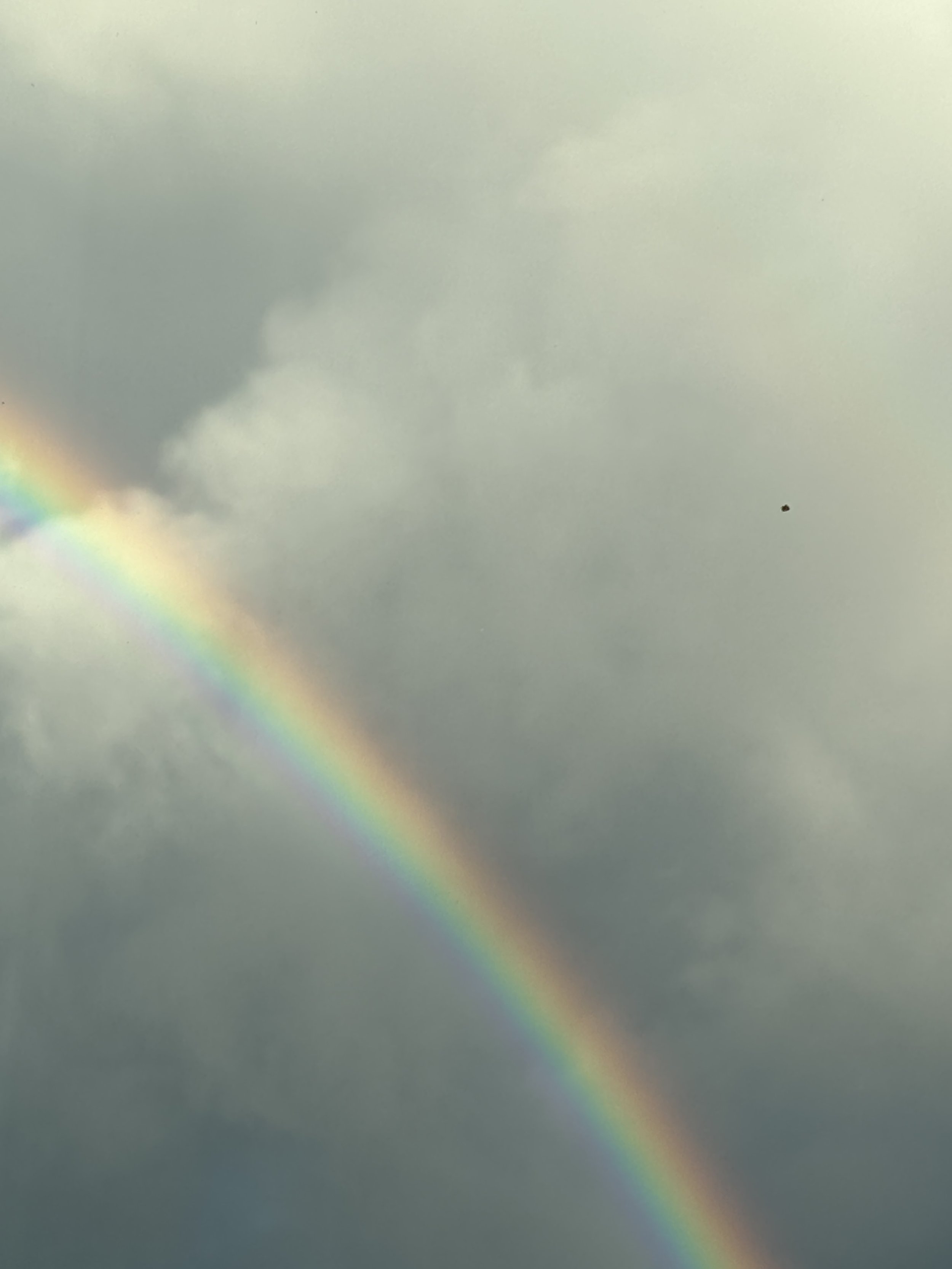OCTOBER 2023
and, bit by bit, a tomorrow passing in poems approaches
so I carry faraway's land and it carries me on travel's road these words by czesław miłosz which, as the bombings continue, demonstrate a profundity and clarity:
A hierarchy of needs is built into the very structure of reality and is revealed when a misfortune touches a human collective, whether that be war, the rule of terror, or natural catastrophe. Then to satisfy hunger is more important than finding food that suits one’s taste; the simplest act of human kindness toward a fellow being acquires more importance than any refinement of the mind. The fate of a city, of a country, becomes the center of everyone’s attention, and there is a sudden drop in the number of suicides committed because of disappointed love or psychological problems. A great simplification of everything occurs, and people ask themselves why they took to heart matters that now seem to have no weight. And, evidently, one’s attitude toward the language also changes. It recovers its simplest function and is again an instrument serving a purpose; no one doubts that the language must name reality, which exists objectively, massive, tangible, and terrifying in its concreteness.
but it’s because all poets have such moments, which feel like these moments but are not these moments, which have the same texture as these memories but are not these memories. only with the same pronunciation of I remember. and people who are not poets, who do not read or even like poetry, have these moments as well, and they don’t think of them as puzzle-pieces in the large print that is poetics—and they say I remember in the very same way, and poetry overhears it.
and my tenderness
which after all is not made of water
asks the water for a facemy useless hopes and sorrows for palestine, and the nation’s poet who says to me and to so many others: The night, no matter how long, will continue / to give birth to star after star / and my life continues, / my life continues.
edward said on music as a spatial phenomenon. . . invention as an act of walking around and collecting what you need. . . and the resistance of the moving, engaged mind to ideology. . . and on all that remains sidelined in the consideration of palestine. . . one wishes he were still with us today.
A man and a woman have never met except when time was the fourth person in the room.
o artista apresenta sua essência e grava versões de músicas para a eternidade
barbara molloy-olund and the many, many, perhaps lost, layers of conversation that shimmer the objects and the unseen around us:
Inside the snowflake right now
languishing, wet, falling slowly,
must be bits of old, lost conversation:
two people on stools near the window, their lips moving,
hands folded humbly under the table,
or their hands moving like white fires.
in a collison between a greece shorn in contemporaneity and the greece that still revels and calls to its poets, this last stanza in a prose poem by katarina anghelaki-rooke: It’s the same with my country. I was born here, raised here, grew. Everything here is difficult, uncertain, unplanned or badly planned. “I’m leaving,” says my cosmopolitan self, “I can’t take it anymore.” And suddenly the day breaks, another door opens. Light, light everywhere from all around, in the mind and in the soul. Broad-leafed light. Greece. “I’ll stay,” I say, “I’ll stay a little longer.”
the last letters between ilana shmueli and paul celan, some full of ardor and some full of unease. some tapping at what appears to be a strange, unknowable mind—and some treating the word itself like a unimpeded tunnel where everything can rush through. the small confessions that we only see as such in retrospect; the minute treads of what could not be said in person, scribbled hastily after the other person has disappeared from view. the always unnegotiable supremacy, at times so unapproachable, of poetry. letters must be the ultimate vaults, keeping safe all this time the stark reality of what they had needed, once, to tell. shmueli confesses to him, in one of the last correspondences: again I write into the nearly unreachable. then, after he has already died: I wanted to create a little possibility for us within our big impossibility.
to those who died and those who survived
so many wonderful moments in this seferis interview: the consideration of greece as an ongoing process; the blind fishing from the subconscious’ terrain; seeing and not-seeing the possibilities in translation; henri michaux saying that three readers (“pronouncing three like three million”) makes one a writer; makriyannis who wrote stacking words like stones, one atop the other; the nobel as an accident that one must “try to forget as soon as possible”; the pivotal rule to never lie in poetry, and distinguishing the truth from the lie in the sound it makes when one knocks a hand against it; and a word to wallace stevens, when asked to say a stray something to test the workings of the tape recorder.
where utopian thinking can seep into world-making, articulated so beautifully by avery gordon:
Cultivating an instinctual basis for freedom is about identifying the longings that already exist—however muted or marginal or extreme—and turning these longings into vital needs, into things that we cannot and will no longer live without. Cultivating an instinctual basis for freedom is about acquiring the sensual knowledge that our survival depends on sacrificing only what is blocking the satisfaction of those vital needs, without which we would otherwise fall apart. Cultivating an instinctual basis for freedom is about being obstinate that survival is a condition which does not exist when it is obtained at the expense of the suffering of others or of oneself. Cultivating an instinctual basis for freedom is about cultivating an individual and collective indifference to all the promises of happiness, worth, and freedom that deliver their opposites or morally degraded versions of themselves. Cultivating an instinctual basis for freedom is about creating a solidarity in which "consciousness of … the heritage of oppression" is accompanied by "understanding" and "tenderness towards each other." Cultivating an instinctual basis for freedom is about the "ingression of the future into the present."



